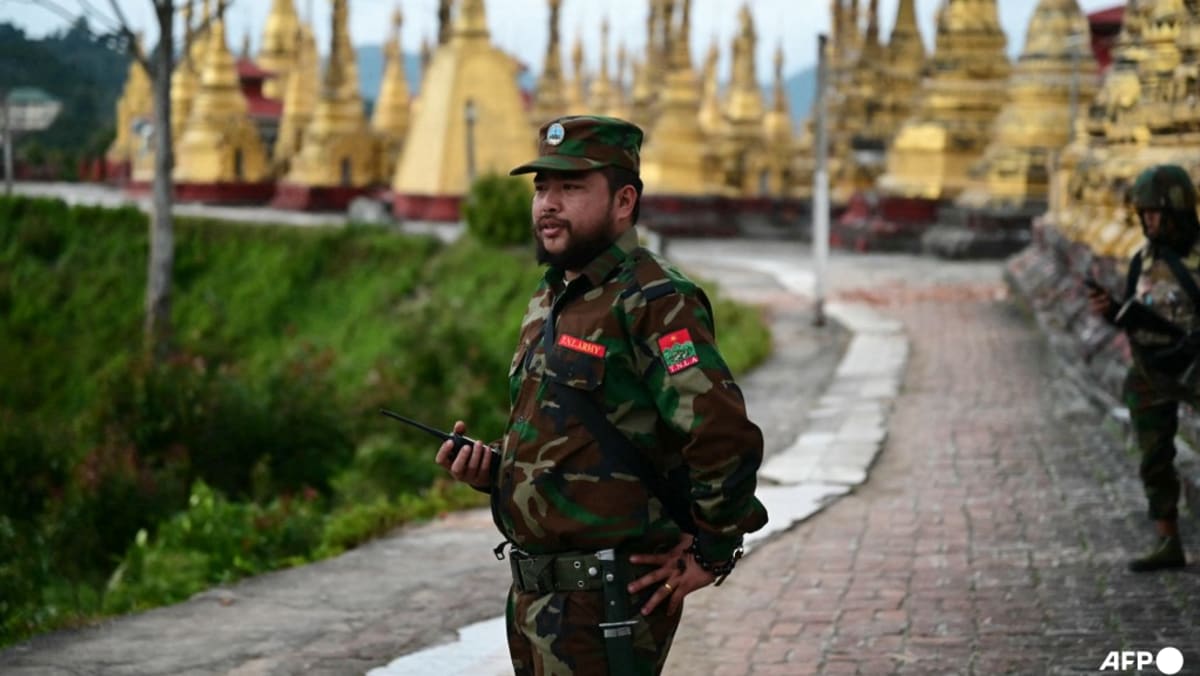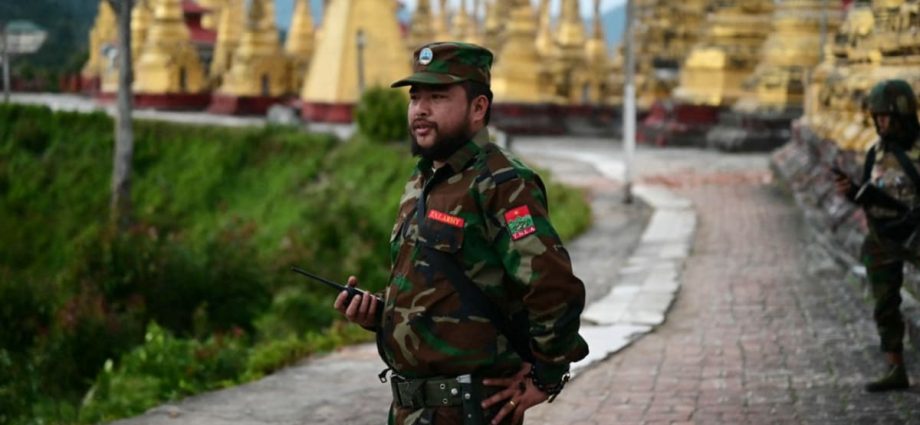
NO FOREIGN GOVERNMENT WANTS TO BECOME DIRECTLY INVOLVED
Not only activists, but even some experienced observers have advocated such measures, including the provision of lethal aid to the NUG. They have argued that, should these ideas get picked up by governments, the opposition movement would be in a good position to consolidate its recent gains and make further advances against the junta.
For various reasons, however, few if any of these recommendations are likely to be accepted.
To date, the international community has made some helpful gestures but it has kept the civil war, and the opposition movement, at arm’s length. It has refused to recognise the NUG, or to establish direct contact with Myanmar’s many ethnic armed organisations. Foreign governments and international organisations have also baulked at providing aid to the opposition movement, particularly across national boundaries.
In explaining this approach, officials have invariably cited customary diplomatic practice and sovereignty issues, but it is plain that there is also a strong element of self-interest. Whether or not they believe in the opposition cause, or simply fear the historical durability of Myanmar’s military regimes, it is clear that no foreign government wants to become directly involved.
The conflict appears to offer a clear choice, between those forces repressing the Myanmar people and those fighting for a more open, humane and democratic system. However, the conflict is a very complex one, loaded with the kind of ambiguities and contradictions that policymakers hate.
Besides, external involvement in the civil war would not guarantee an acceptable final outcome.

